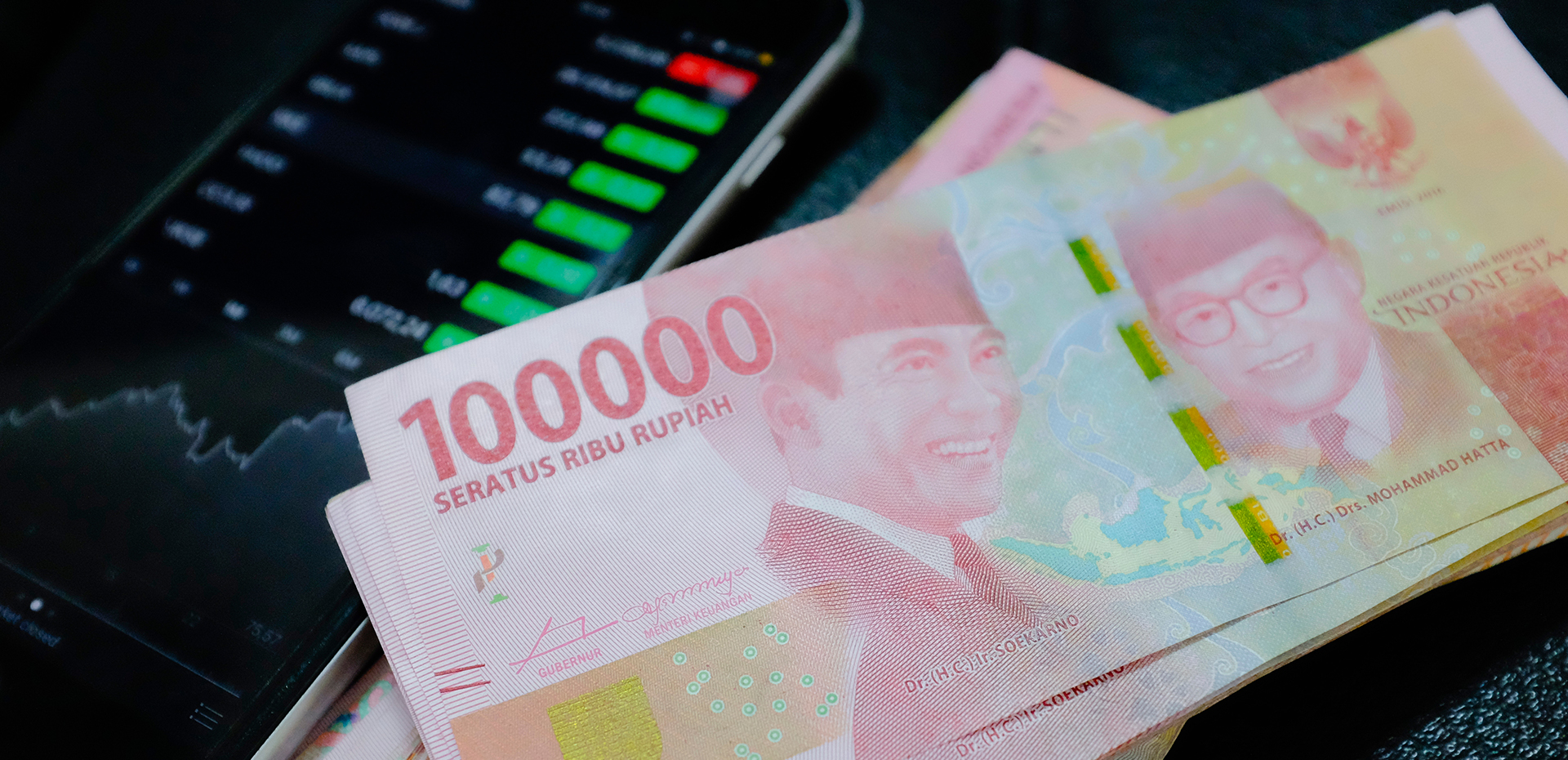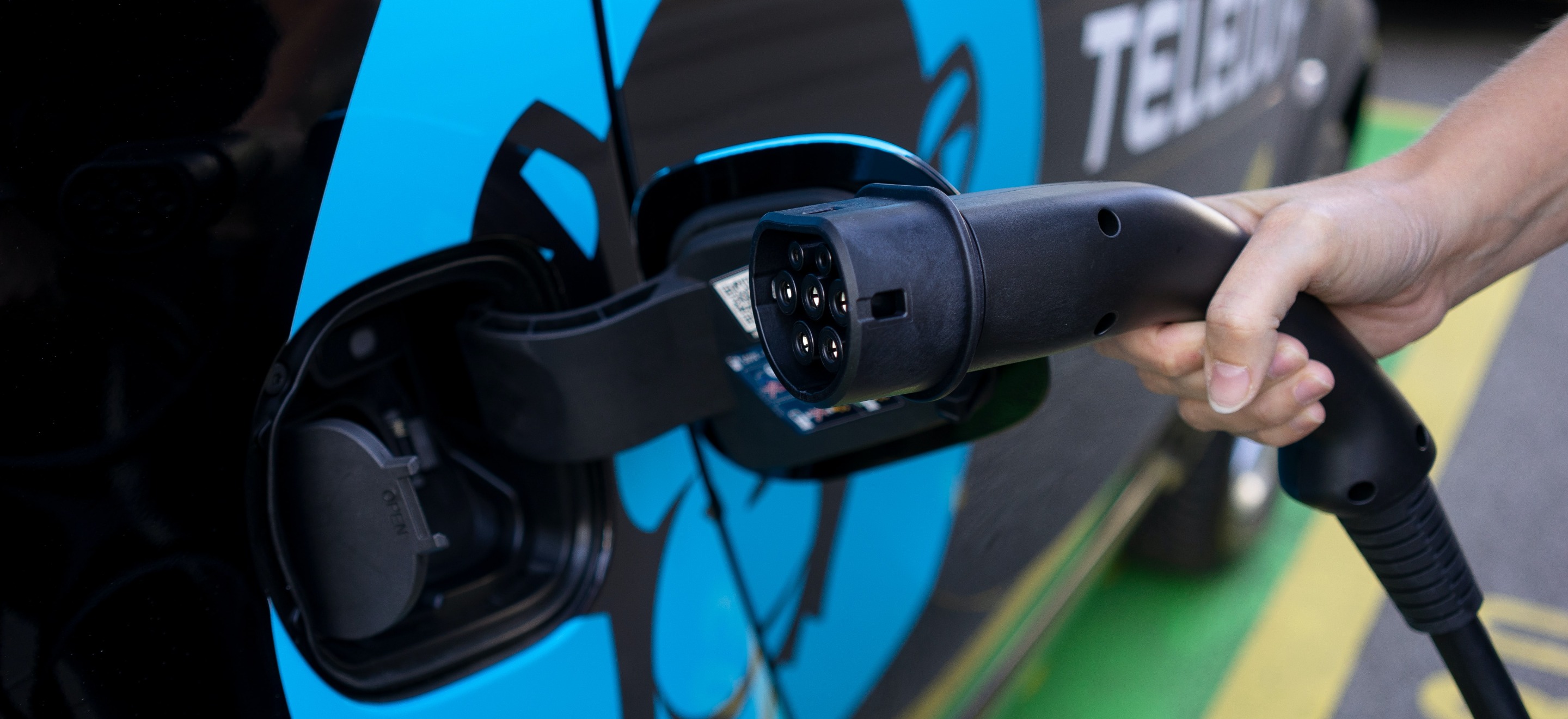With an estimated financial inclusion gap of US$57 billion, the shortfall between the demand and formal supply of financial services is rapidly being filled by diverse fintech platforms catering to a new generation of retail investors in Indonesia.
Local startups, such as P2P lenders, are introducing new ways to reach out to Indonesia’s unbanked citizens across the archipelago that are currently underserved by traditional institutions. To add to the mix, e-commerce sites are also partnering with well-established banks and new fintechs to offer a wide range of financial, credit and investment services to a new breed of e-shoppers.Government programs to improve financial literacy are also drawing more people into stocks and bonds, as alternatives to conventional saving accounts, gold, real estate and other business investments. But stocks, bonds and index funds are complex financial instruments that may often require higher starting capital investments. Fortunately, new initiatives like the Capital Market School, or Sekolah Pasar Modal, run by the









